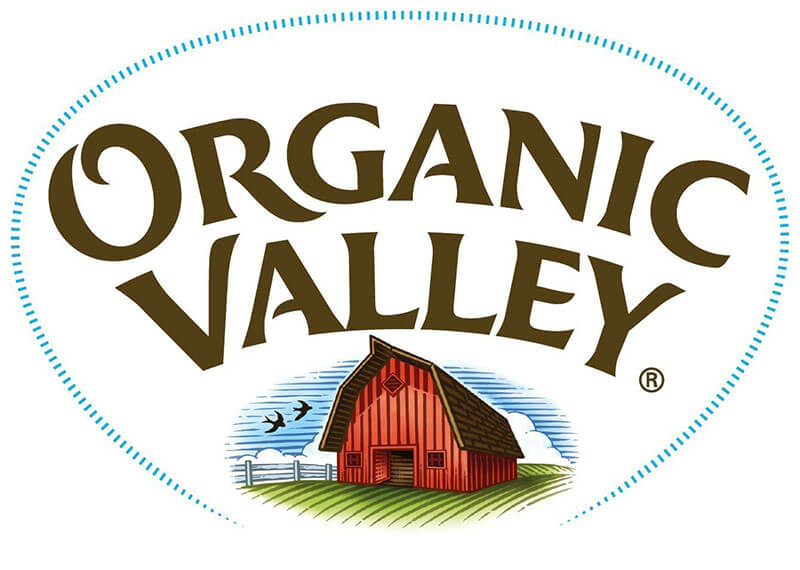Organic Valley announced the launch of its program to reach carbon neutrality through a new carbon insetting program during a panel of industry experts held March 8-12 at Natural Products Expo West in Anaheim, California.
With the help of key partners and consumers, the cooperative of small, organic family farms plans to work toward a carbon-neutral food system through a carbon insetting program that will incentivize and assist Organic Valley farmers with implementing regenerative, climate-smart farming practices.
The CCIP, or CROPP Carbon Insetting Program, is designed to help Organic Valley reach carbon neutrality through real-world, deep emission reductions and carbon sequestration on member farms. This program will help Organic Valley become the first major dairy brand to reduce farm emissions without reliance on carbon offsets.
Practices being considered for the 2022 CCIP pilot include tree plantings, improved manure management, renewable energy, energy efficiency and enhanced grazing and cropland practices.
“Carbon insetting is about so much more than simply reducing a company’s carbon footprint, it is about businesses investing in the ecosystems their suppliers and farmers depend on to increase their resiliency and provide significant, measurable benefits to communities surrounding the value chain,” said Nicole Rakobitsch, director of sustainability.
Organic Valley aims to become the first major dairy brand to achieve carbon neutral farm emissions without relying on carbon offsets. Carbon insetting continues to gain traction among companies seeking an earth-centered approach to supply chains and carbon impact.
“Addressing climate change and our diverse environmental challenges will require a fundamental change to how companies perceive and take responsibility for their emissions and impacts across their supply chains,” said Andrew Nobrega, PUR project director of global programs.
“Insetting is a tool that unlocks the potential for a company to internalize their environmental and social impacts and engage directly with their producers, communities and productive landscapes for a better and more resilient future. We are very proud to support Organic Valley as it leads the way to drive this change,” he said.
Organic Valley is the largest farmer-owned organic cooperative in the U.S. and one of the world’s largest organic consumer brands. Founded in 1988 to sustain family farms through organic farming, the cooperative represents approximately 1,700 farmers in 34 U.S. states, Canada, Australia and the United Kingdom.
For more information, visit ov.coop/impact.

